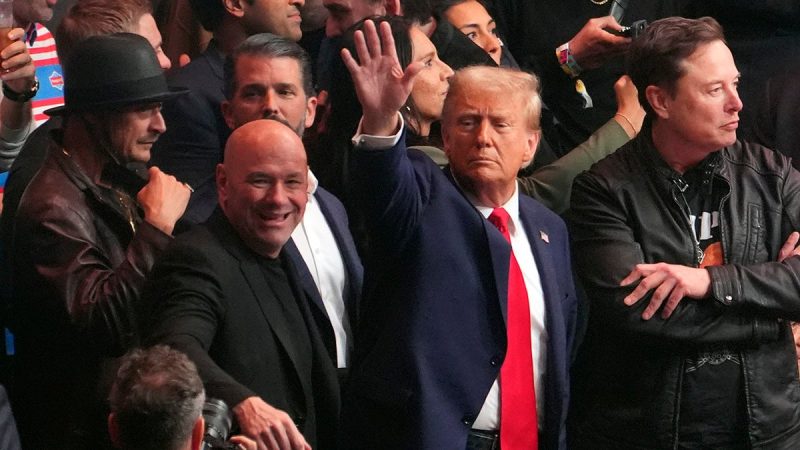In the contemporary digital age, podcasts have emerged as a powerful medium for shaping public opinion and influencing voter behavior. The 2016 US presidential election witnessed a significant shift in the role of podcasters in political discourse, particularly in reaching out to young male audiences and impacting their voting decisions. The dynamics of how podcasters engaged with this demographic and the strategies they employed to sway their perspectives are truly fascinating.
One key aspect that contributed to podcasters’ success in capturing the attention of young men was the unique format of podcasts. Unlike traditional media outlets, podcasts allow for a more personal, intimate connection with the audience. Listeners often develop a sense of familiarity and trust with their favorite podcast hosts, making them more receptive to their opinions and perspectives. This sense of closeness is crucial in engaging young men who may be hesitant to engage with mainstream news sources.
Moreover, podcasts offer a platform for in-depth discussions and analysis, allowing for a more nuanced exploration of political issues. Unlike soundbites and headlines that dominate mainstream media, podcasts provide the space for detailed conversations that delve into the complexities of political events. This depth of content is especially appealing to young men who are seeking a more comprehensive understanding of the world around them.
Another key factor in the success of podcasters in influencing young male voters was their ability to tap into niche interests and subcultures. By focusing on specific topics like gaming, sports, technology, or comedy, podcasters were able to attract young men who may not typically engage with politics. By weaving political commentary into content that aligns with their interests, podcasters were able to make political discussions more relatable and engaging for this demographic.
Furthermore, the informal and conversational tone of podcasts creates a sense of camaraderie between hosts and listeners. This friendly and approachable style fosters a sense of community among young male audiences, making them feel like they are part of a larger conversation. Podcasters leveraged this sense of community to create a dialogue around political issues, encouraging listeners to share their own thoughts and engage in meaningful discussions.
In addition to fostering a sense of connection and community, podcasters also harnessed the power of storytelling to engage young male voters. By framing political issues within compelling narratives and personal anecdotes, podcasters were able to evoke emotional responses and resonate with their audience on a deeper level. Storytelling has a unique ability to humanize complex political issues, making them more accessible and relevant to young men who may feel disconnected from mainstream political discourse.
In conclusion, the 2016 US presidential election showcased the growing influence of podcasters in shaping public opinion and mobilizing young male voters. By leveraging the unique benefits of the podcast medium, including intimacy, depth of content, niche interests, community-building, and storytelling, podcasters were able to effectively engage with this demographic and move the voting needle in favor of their preferred candidate. As podcasts continue to gain traction as a prominent source of information and entertainment, their role in political discourse and voter outreach is likely to expand, making them a formidable force in shaping the political landscape for years to come.
